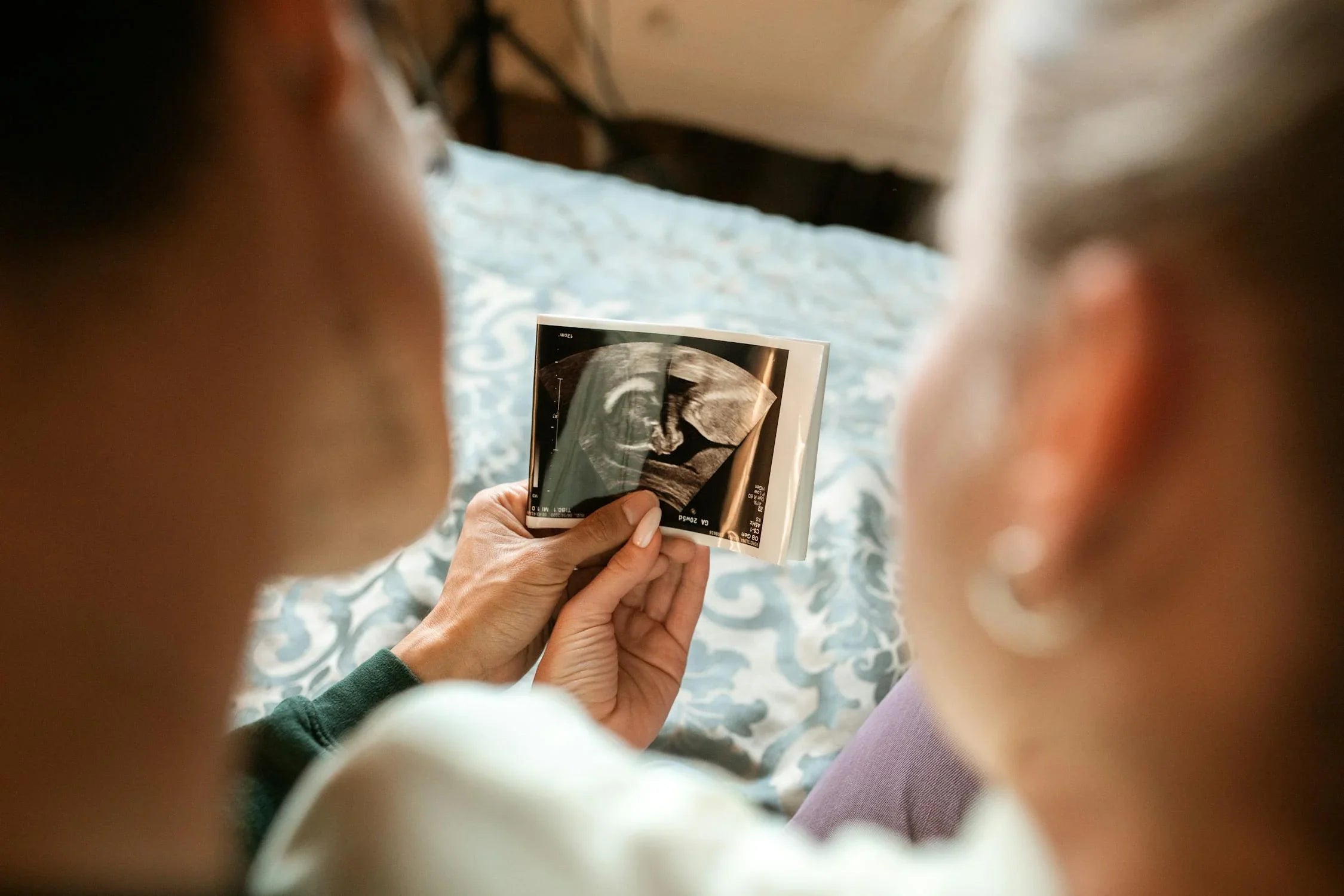Inicio
Pregnancy, Breastfeeding, and Pumping: The Ultimate Guide for Moms
How Soon Can I Take a Pregnancy Test After Conceiving?

How Soon Can I Take a Pregnancy Test After Conceiving?
Are you eagerly waiting to find out if you’re pregnant? The question of how soon you can take a pregnancy test after conceiving is one that many women ask. The answer lies in understanding the biological processes that occur after conception and how pregnancy tests work. Let’s dive into the details to help you determine the best time to take a test and ensure accurate results.
Understanding Conception and Pregnancy
Conception occurs when a sperm fertilizes an egg, typically in the fallopian tube. After fertilization, the egg travels to the uterus and implants itself into the uterine lining. This process, known as implantation, usually happens 6 to 10 days after ovulation. Once implantation occurs, the body starts producing a hormone called human chorionic gonadotropin (hCG), which is the key marker detected by pregnancy tests.
How Pregnancy Tests Work
Pregnancy tests detect the presence of hCG in your urine or blood. Home pregnancy tests are designed to detect hCG in urine, while blood tests, conducted by healthcare professionals, can detect hCG at even lower levels. The sensitivity of a pregnancy test determines how early it can detect hCG. Most home pregnancy tests can detect hCG levels of 25 mIU/mL or higher, but some are more sensitive and can detect levels as low as 10 mIU/mL.
When to Take a Pregnancy Test After Conception
The timing of when to take a pregnancy test depends on several factors, including the sensitivity of the test and when implantation occurs. Here’s a breakdown of the timeline:
- 1-2 Weeks After Conception: It’s generally too early to take a pregnancy test during this period. Implantation may not have occurred yet, and hCG levels are likely too low to detect.
- 3 Weeks After Conception: By this time, implantation has likely occurred, and hCG levels are rising. Some sensitive tests may detect pregnancy at this stage, but results may not be definitive.
- 4 Weeks After Conception: This is the most reliable time to take a pregnancy test. hCG levels are typically high enough to be detected by most home pregnancy tests, providing accurate results.
Factors Affecting Test Accuracy
Several factors can influence the accuracy of a pregnancy test, including:
- Test Sensitivity: More sensitive tests can detect lower levels of hCG, allowing for earlier detection.
- Timing of the Test: Taking the test too early can result in a false negative. Waiting until after a missed period increases the likelihood of accurate results.
- Proper Usage: Following the instructions on the pregnancy test is crucial for accurate results. Using the test at the wrong time of day or not waiting long enough can affect the outcome.
- Medical Conditions: Certain medical conditions, such as ectopic pregnancy or recent miscarriages, can affect hCG levels and test results.
Tips for Accurate Results
To ensure the most accurate results when taking a pregnancy test, consider the following tips:
- Wait Until After a Missed Period: This is the most reliable time to take a pregnancy test, as hCG levels are typically high enough to detect.
- Use First Morning Urine: The concentration of hCG is highest in the first urine of the day, making it the best time to take the test.
- Follow Instructions Carefully: Read and follow the instructions on the pregnancy test to avoid errors.
- Confirm with a Healthcare Professional: If you receive a positive result, confirm it with a blood test or visit to your healthcare provider.
What to Do After a Positive Test
If your pregnancy test is positive, it’s important to take the next steps to ensure a healthy pregnancy. Schedule an appointment with your healthcare provider to confirm the pregnancy and begin prenatal care. Your provider can offer guidance on nutrition, lifestyle changes, and prenatal vitamins to support your pregnancy.
What to Do After a Negative Test
A negative test result can be disappointing, especially if you’re trying to conceive. If you receive a negative result but still suspect you might be pregnant, consider waiting a few days and retesting. If you continue to receive negative results and have concerns about your fertility, consult your healthcare provider for further evaluation.
Understanding when to take a pregnancy test after conceiving can help you get accurate results and reduce anxiety. By waiting until the right time and following best practices, you can increase the likelihood of obtaining reliable results. Whether you’re hoping for a positive or negative outcome, knowing the science behind pregnancy tests empowers you to make informed decisions about your reproductive health.
Compartir
